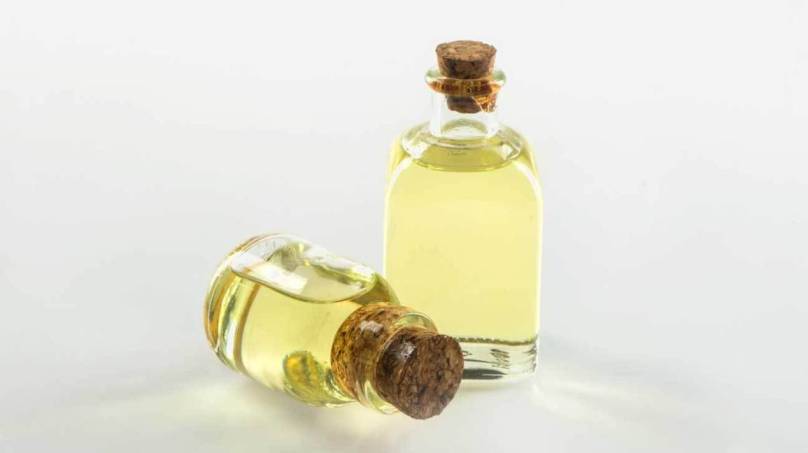Don’t you just love the smell of cinnamon rolls fresh from the oven? Nothing beats that smell or the sweet, gooey taste of just-basked cinnamon rolls. We can safely enjoy these yummy treats. But what about our dogs? Can they also enjoy foods that include cinnamon?
Connect with a verified veterinarian in minutes. Licensed vets are available 24/7 to answer your questions. No need to worry about your furry family member.
Has your dog licked some cinnamon? Are you worried the cinnamon will make your dog sick? If so, then you’ve come to the right place. We understand it can be scary when your dog does something like this.
In this article, we’ll take a look at cinnamon and whether or not it can make your dog sick. Let’s get started!
What is Cinnamon?
Cinnamon is an extremely popular spice that’s used in a wide variety of dishes. The spice comes from the inner bark of trees that are in the Cinnamomum family. Cinnamon is used in everything from those lovely, fresh cinnamon rolls we talked about to international dishes, cereals, and more.
This flavorful spice has been used by humans since ancient times. Cinnamon was imported to Egypt as long ago as 2,000 BC! It was also used in China and in other ancient nations. In many places, cinnamon was so rare and expensive that it was only used by kings and given as sacrifices to ancient deities.
These days, cinnamon is enjoyed by many around the world. You can find this spice in all types of cuisines. It’s a popular ingredient used in teas and other beverages, too.
But what about dogs? Can cinnamon make a dog sick?
Cinnamon & Dogs
You’ll be very happy to learn that cinnamon is completely safe for dogs! This spice is not toxic to dogs. So, if your dog has licked some cinnamon, don’t worry. Just let him enjoy those great licks!
One thing to keep in mind, however, is that cinnamon and cinnamon oils can cause irritation of the digestive tract and skin, as well as cause an allergic reaction in some dogs. These are usually only problems when the spice is eaten in large amounts. However, a dog that’s allergic to cinnamon could have an anaphylactic reaction.

Review symptoms, medications & behavior to keep your pets healthy with a Vet Online in just minutes.
Ask a Vet Live NowWhat to Do if Your Dog Has Licked Cinnamon
If your dog is doing OK after a couple of licks, then there’s nothing to worry about. However, if your fur baby develops any sign of an allergic reaction, then be sure to call the vet immediately. It could be an emergency.
And if you’d like to add cinnamon to your dog’s regular diet, be sure to ask the vet first. They will have the information on how much of the spice is safe for your dog and more.
Connect with a verified veterinarian in minutes. Licensed vets are available 24/7 to answer your questions. No need to worry about your furry family member.

Kim
Kim is a talented author, who loves animals especially dogs. She engaged in writing books and articles relating to animals a decade ago. Kim resides in Chicago with her husband and son. The family is the proud owner of a dog and a parrot (Jack and Lily). Kim wanted more than these two pets, but her husband put his foot down... She often visits elementary schools to talk to the kids about what she learned about pets and how they could learn from them.
Review symptoms, medications & behavior to keep your pets healthy with a Vet Online in just minutes.
Ask a Vet Live Now



